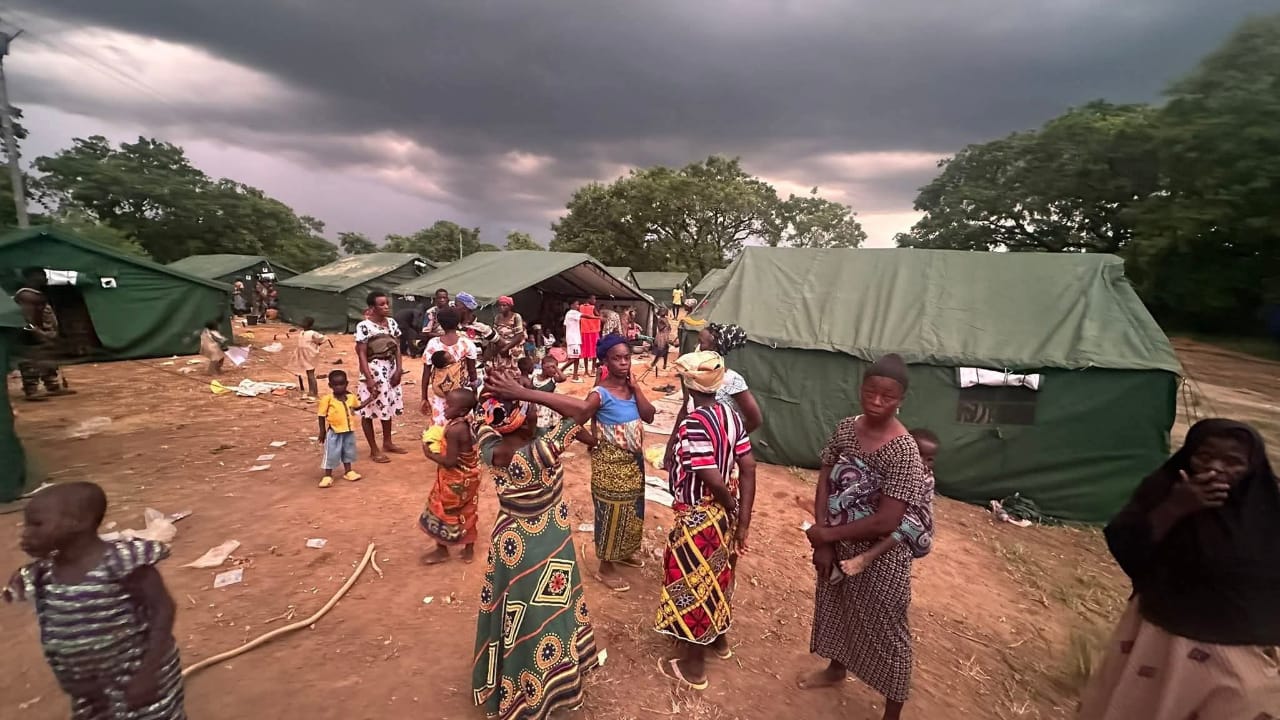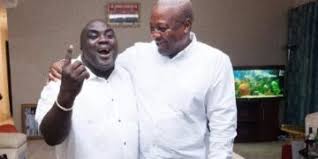Kwabena Adu Koranteng Writes
The word refugees was once a distant echo to many Ghanaians.
We heard it only in news bulletins when the foreign desk reported on conflicts in Somalia, Sudan, or Iraq. Ghana, known as an island of peace in a turbulent West African sub-region, always stood apart. But today, this grim reality has arrived at our own doorstep. Ghana is producing its own refugees — and in staggering numbers.
A Nation at War with Itself
The northern parts of the country have become a theatre of unending tribal wars. In Bawku, the Mamprusi–Kusasi conflict, decades old, has intensified, spreading into neighboring towns and even across into the North East Region. Communities once bound by trade and intermarriage are now divided by barricades, checkpoints, and the constant rattle of gunfire.
But the Bawku crisis is only one piece of a larger tragedy. In the Savannah Region, the conflict between the Gonjas and the Birifors has spiraled into full-scale war. In a matter of months, over 400 lives have been lost, while more than 200,000 innocent civilians have been uprooted from their homes. They now live in temporary tents, stripped of dignity, livelihoods, and security. Ghana, for the first time in its history, is staring at the spectacle of hundreds of thousands of internal refugees.
Even the south has not been spared. In the Greater Accra Region, what should have been a joyous cultural celebration — the Homowo festival — descended into violence, with tribal divisions among the Ga people leading to bloody clashes that left at least 12 people dead. These patterns point to a dangerous trend: tribal animosities are no longer regional problems; they are becoming national fault lines.
The Hidden Drivers of Violence
At the heart of these conflicts lies a toxic cocktail of tribal bigotry, irresponsible leadership, and political opportunism. Chiefs who should be custodians of peace sometimes inflame tensions to assert control over land and resources. Politicians, desperate for votes, exploit tribal identities, stoking division instead of building unity. Political vigilante groups and small arms proliferation further escalate disputes into wars.
The silence — and in some cases complicity — of the state has emboldened perpetrators. For years, commissions of inquiry into tribal conflicts have produced reports that gather dust on shelves while lives are lost in villages.
Humanitarian and Security Fallout
The refugee crisis unfolding within our borders has severe implications. Farming communities are abandoning fertile lands, worsening Ghana’s already fragile food security. Children are dropping out of school in droves. Diseases spread rapidly in overcrowded makeshift camps. And more dangerously, the proliferation of displaced youth — disillusioned, angry, and vulnerable — creates fertile ground for recruitment into extremist groups that already plague the Sahel.
Meanwhile, Ghana is also absorbing foreign refugees from Ivory Coast, Burkina Faso, Mali, Niger, and Nigeria. The pressure on resources, security, and infrastructure is unsustainable. If left unchecked, the country could find itself in a spiral that destabilizes not just Ghana, but the entire West African sub-region.
A Call for Urgent Action
Ghana cannot afford to treat tribal conflicts as isolated skirmishes. This is a national crisis that demands a national response. Three urgent actions are needed:
Political Courage and Leadership: The President, Parliament, and traditional leaders must speak with one voice to condemn and address tribal violence. Peacebuilding should be prioritized above partisan advantage.
Security and Justice:
The state must assert its authority by disarming combatants, dismantling militias, and prosecuting instigators — no matter their status. Impunity fuels conflict.
Humanitarian Intervention:
The displaced must not be abandoned. Immediate investment is needed in shelters, food aid, healthcare, and schools for internally displaced persons. Ignoring their plight is not only inhumane but also dangerous for national cohesion.
Conclusion: A Fragile Peace at Risk
Ghana’s proud identity as a peaceful, democratic nation is under threat. The creeping normalization of tribal wars and internal displacement must not be allowed to take root. History has shown that nations do not collapse overnight — they crumble slowly, under the weight of ignored crises.
The 200,000 atukɔfoɔ in Ghana today are not just statistics. They are mothers, fathers, children — Ghanaians — whose suffering is a mirror reflecting our national failure to confront tribalism and political recklessness. Unless urgent, decisive action is taken, Ghana risks walking the dangerous path of the very countries we once pitied in the foreign news.
Peace is not inherited; it must be built, nurtured, and defended. Ghana is running out of time.


